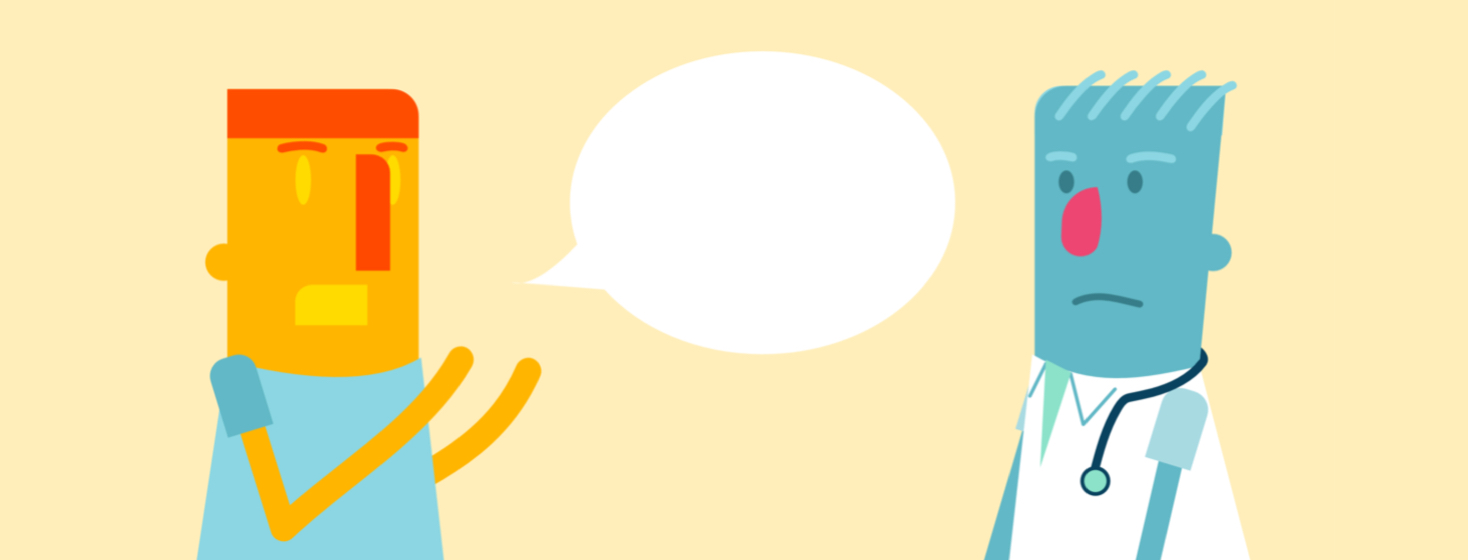More Tips for Talking With Your Doctor
Unfortunately, we must all accept that doctors in the U.S. today have very little time to spend with each patient. Changes in health insurance and electronic records have greatly changed how doctors and patients communicate with each other.
It's important to know the right questions to ask, which we reviewed in the first part of this article Finding the Right COPD Doctor: A Guide for Caregivers. But there are a few other things you can do to talk effectively with your physician.
Tips
1. Come prepared to each office visit. Take the time before you get there to think over and plan your questions and what you've been tracking and noticing (such as how you're responding to treatment, any symptom patterns you're noticing, your tracking records, etc.). Be sure to bring any information or paperwork you need with you.
2. Bring someone with you to serve as a recorder and advocate. It can be hard to absorb everything doctors say during an appointment. This is especially true if they are in a hurry. Taking someone else with you, such as a spouse, parent or child, or even a friend, can make sure you get the information you need. Ask them to write things down to refer to once you get home. Plus, your companion can act as your advocate with your healthcare provider if you become overwhelmed.
3. Be open to other ways to interact. If you are not able to get your concerns all addressed in one visit, you could ask if you can schedule a follow-up appointment. Most providers will agree to this. Another option is to arrange for a follow-up phone call, either with the doctor or one of the other professionals in the office. You could even ask if you could email your them or chat through a patient portal. Explore all your options.
4. Seek out other health care resources. We can't deny that most healthcare providers are overworked and short on time. But, it's entirely possible that there are other members of your healthcare team who would be able or even better able to answer your questions and concerns. For example:
- A respiratory therapist may be able to answer questions about inhaler technique or how to use your nebulizer or oxygen therapy.
- Your pharmacist may be able to answer questions about how medications work and what side effects, if any, to watch out for.
- A nutritionist can answer questions about healthy eating or how to lose weight, if needed.
- A nurse, nurse practitioner or physician's assistant on the doctor's staff may be able explain different aspects of treatment, how to use/take your medications or even to provide some short-term counseling and support.
In Summary
Your health and your body are your responsibility, but you'll have the best outcomes when you tap into the expertise of your whole healthcare team. So, learning how to communicate with your COPD doctor and other professionals can make a huge difference in how well your COPD is controlled and your overall health and quality of life.
So, use these tips to be more proactive and to advocate for yourself.
COPD.net compiled a list of questions for the doctor. Take this document with you to your next appointment to remember important questions and to jot down notes!

Join the conversation